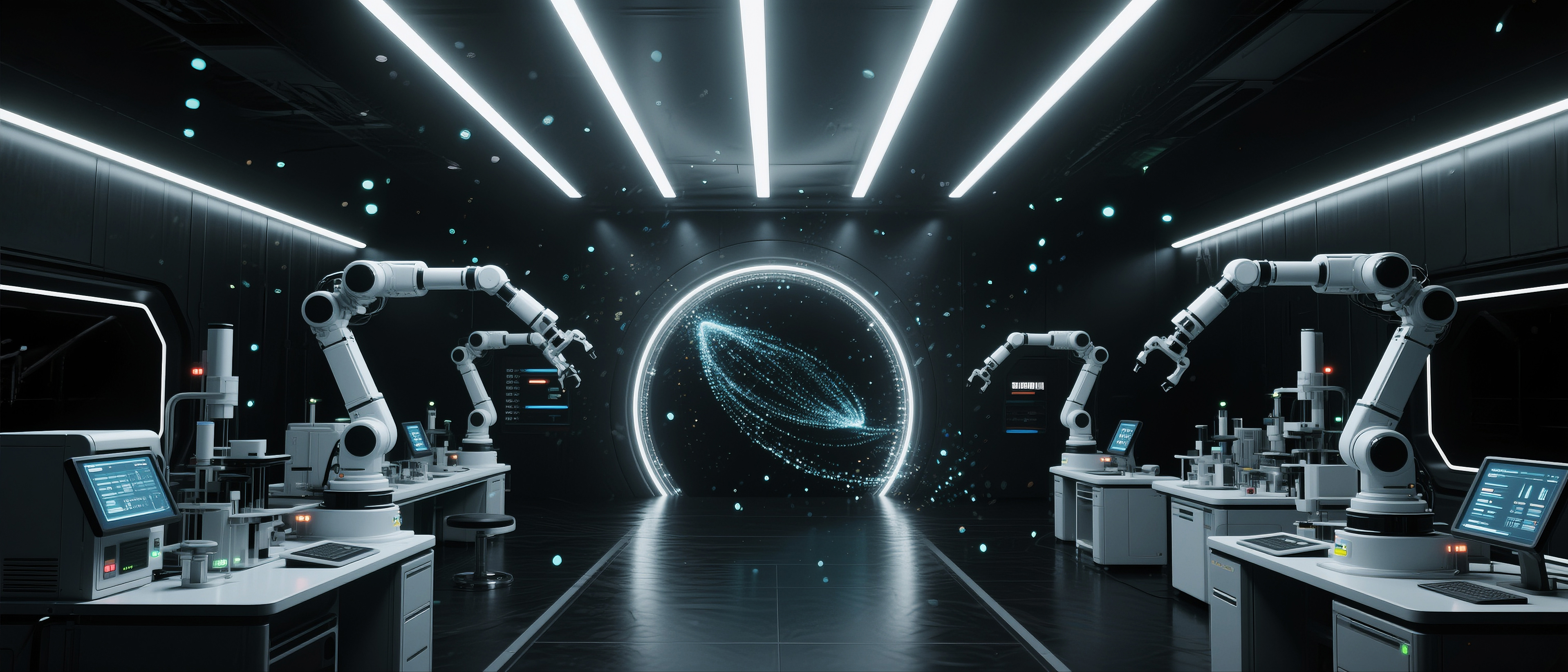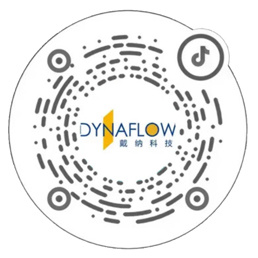A group of alumni from Beijing University of Chemical Technology visited and exchanged views with Dynaflow!
Published Time:
2024-07-15
Zhang Jingjun introduced products such as the darkroom laboratory and microbial culture workstation. Both sides expressed their recognition of the prospects of the darkroom laboratory and looked forward to establishing a long-term and stable cooperative relationship between Dynaflow and Beijing University of Chemical Technology, jointly opening a new chapter in technological innovation, jointly promoting innovation services for scientific research, and promoting the automation of scientific research in the chemical industry.
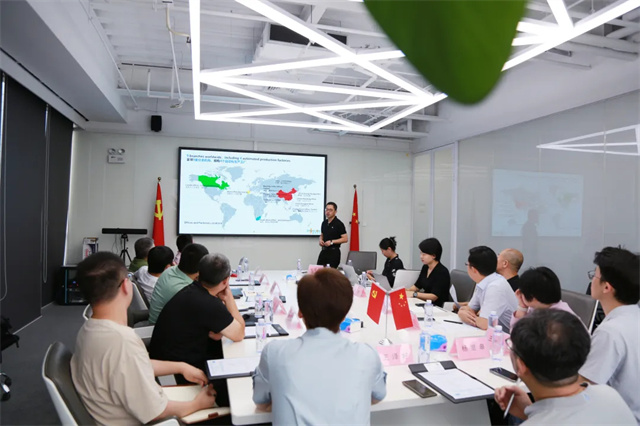
On July 15, Professor Cheng Daojian, Dean of the School of Chemical Engineering, Beijing University of Chemical Technology, Associate Professor Zhang Guobin, Assistant Dean, Associate Professor Zhao Liqiang from the School of Information Science and Technology, Associate Professor Wei Bin from the School of Mechanical and Electrical Engineering, Wang Zehao from CASC Chuang Hua Tian Yuan, Si Lichun from Yuehe Intellectual Property, Wang Fang from the School of Environmental and Chemical Engineering, Nanchang Hangkong University, Ma Jishan and Wang Peng from Zhaode Investment, Lu Qingwei from Shouzheng Ze Fu Chuang, and Yang Tinggao from Amy Space visited Dynaflow for an exchange visit. Dynaflow's Chairman and President Chi Haipeng, Director and General Manager of the Black Light Laboratory Division Zhang Jingjun, Vice President and Secretary of the Board of Directors Dong Yuchong, and Marketing Director Zhang Meng participated in the discussion.
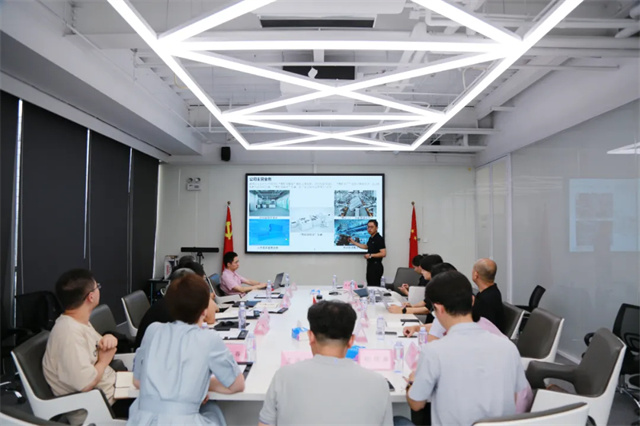
Chi Haipeng gave a detailed introduction to the company's development status and future plans. Dynaflow provides customized laboratory automation and intelligent solutions for various industries. It is hoped that through cooperation with Beijing University of Chemical Technology, Dynaflow can utilize AI and robots to solidify processes within the black light laboratory, enabling self-screening of data and equipment evolution, freeing the hands of scientists, and allowing them more time for contemplation. This is of great significance to start-up teams and even to developing countries lacking a large number of scientific researchers. Professor Cheng Daojian expressed strong agreement with this view, mentioning that our automation should be able to drive industrial development, improve production efficiency, and achieve energy saving and emission reduction.
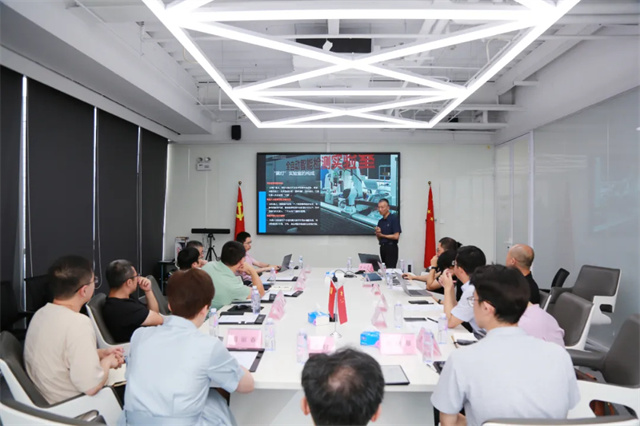
Zhang Jingjun gave an in-depth explanation of the black light laboratory. He detailed Dynaflow's black light laboratory technology and shared project cases. He focused on sharing how to achieve a black light laboratory in the chemical engineering field through the self-learning function of AI and robots.
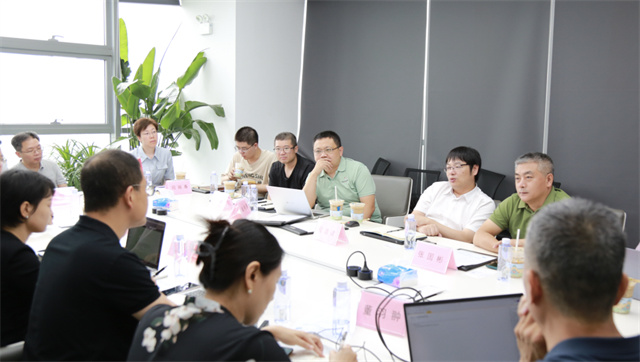
The experts and leaders attending the meeting gave high praise to the potential of the black light laboratory in improving research efficiency, reducing costs, and enhancing safety, and expressed their expectation for in-depth cooperation in related fields in the future, leveraging the respective strengths of enterprises and universities to jointly promote the development of industry, academia, and research.
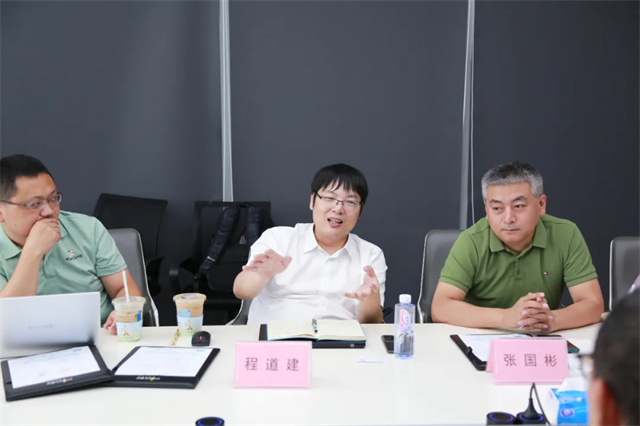
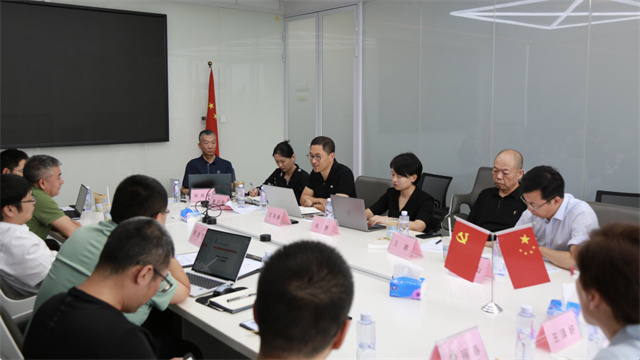
During the exchange session, both sides engaged in in-depth discussions on core issues such as chemical engineering, technological innovation, laboratory automation, and industry development trends, and expressed their willingness to cooperate deeply in scientific research cooperation, talent cultivation, and technological exchange. The application of AI and robotics technology in experimental processes, and how to achieve laboratory automation and intelligence were mentioned. The application of laboratory technology in practical work was discussed, including improving experimental efficiency and safety, and its wide application in biopharmaceuticals and medical health. The role of big data and AI technology in screening and optimizing formulas, and how to improve R&D efficiency through technology, as well as the outlook for future technological development were also discussed.
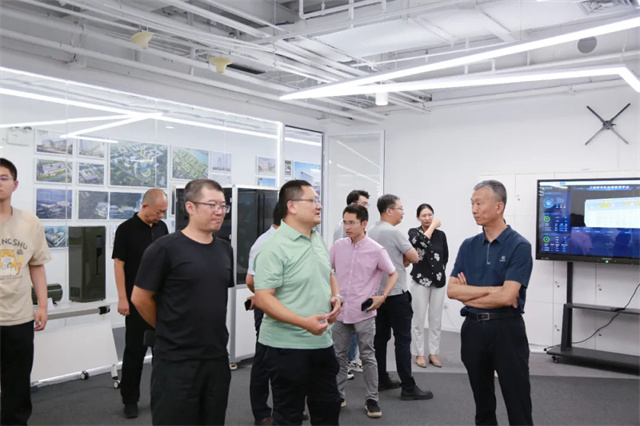
After the meeting, the professors visited Dynaflow's laboratory showroom, where Zhang Jingjun gave an on-site introduction to products such as the black light laboratory and microbial culture workstation. Both sides expressed their recognition of the prospects of the black light laboratory and looked forward to establishing a long-term and stable cooperative relationship between Dynaflow and Beijing University of Chemical Technology, jointly opening a new chapter in technological innovation, and jointly promoting innovative services for scientific research and promoting the automation of chemical engineering research.
Hot Articles
Share to

